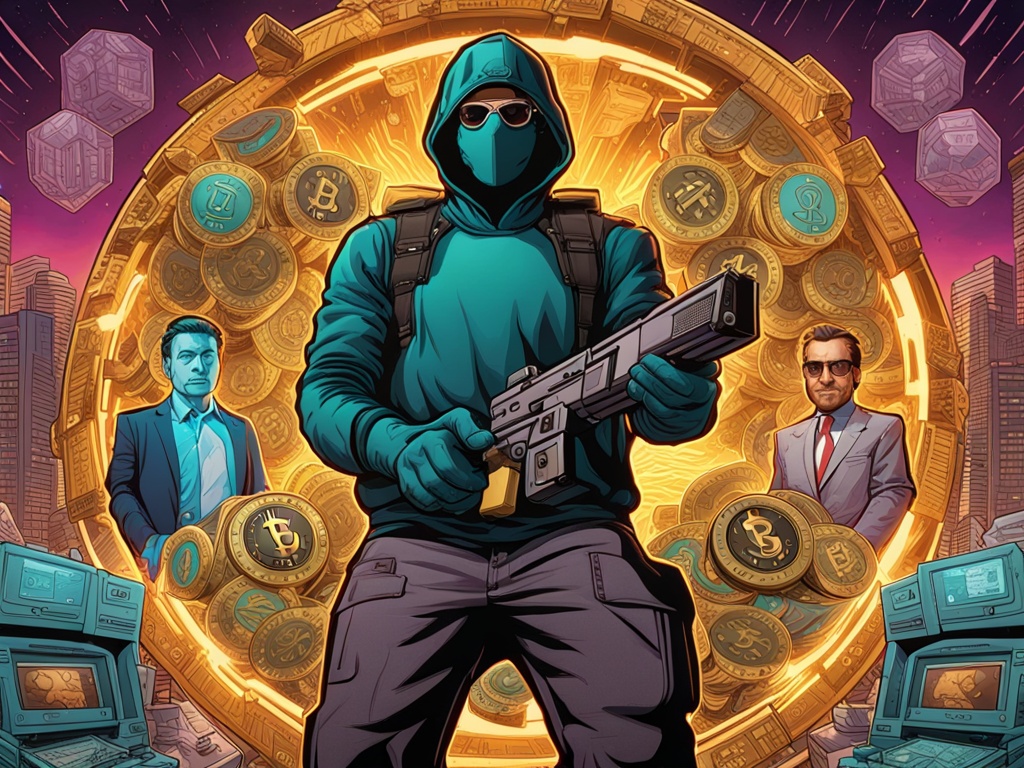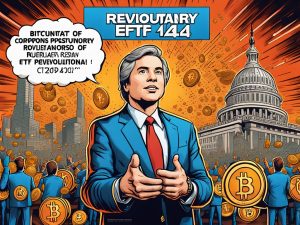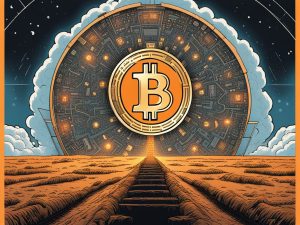Kraken Shifts Focus: NFT Marketplace Closure Announced 🚫
In a strategic move, Kraken has revealed its plan to shut down its NFT marketplace after merely a year of operation. This decision demonstrates a conscious effort to allocate resources towards initiatives deemed more promising as the NFT sector grapples with a severe downturn. Let’s explore the details of this announcement.
The Transition Phase Begins: Withdrawal-Only Mode Starting November 27 ⏳
Kraken, the established cryptocurrency exchange, has officially declared its intention to discontinue its non-fungible token (NFT) marketplace. This marks a pivotal alteration in the company’s approach.
Beginning November 27, the marketplace will operate in withdrawal-only mode, initiating a three-month timeline during which users can transfer their NFTs to external wallets before the final shut down.
This news, communicated through emails to clients, signifies the end of a project that launched in June 2023, following extensive beta testing.
When it first opened, the Kraken NFT marketplace provided access to over 250 NFT collections and stood out by eliminating gas fees for both buyers and sellers, distinguishing it from competitors.
A spokesperson from Kraken noted:
“We made the choice to close our NFT marketplace to redirect resources to new products and services, including some initiatives that are still under wraps and in development.”
This statement underscores Kraken’s aim to pivot toward sectors with greater growth opportunities, leaving behind the struggling NFT market, which is experiencing a widespread decline in interest and rising competition.
Understanding the NFT Market Decline 📉
The NFT landscape, once regarded as a vital component of the digital economy, has witnessed a notable decrease starting in 2024. A report from DappRadar highlighted that the trading volume of NFTs plummeted to an annual low of $471 million in August, reflecting a 16% drop from the preceding month.
This represents a drastic decline from the $12.6 billion recorded during the same timeframe in 2022. Unfortunately, Kraken has not been exempt from this downturn.
Alongside overall market challenges, the exchange has encountered intensifying competition from specialized platforms like OpenSea and Blur.
For instance, OpenSea’s trading volume for August hit $110.5 million, which reflected a 27% decrease from July. While there have been signs of improvement in November, the market remains distant from the peaks of 2022.
Regulatory pressures have also played a crucial role in the sector’s decline. The U.S. Securities and Exchange Commission (SEC) has escalated its oversight of collectible tokens, issuing a Wells notice to OpenSea in August, signaling potential enforcement actions.
Kraken’s Internal Challenges ⚖️
In addition to these external pressures, Kraken finds itself embroiled in legal disputes with U.S. regulators. The SEC is investigating whether the tokens traded on the platform qualify as investment contracts subject to securities regulations.
While it remains uncertain if the NFT marketplace’s closure directly relates to these legal issues, the prevailing environment of regulatory uncertainty surely influenced the company’s decision.
This marketplace shutdown illustrates not only the necessity for adaptability in an evolving market but also reflects Kraken’s desire to concentrate on new projects, signaling that the NFT space is no longer a strategic priority.
Kraken’s NFT platform users have been encouraged to move their tokens to external digital wallets during this transition. Those utilizing the Kraken Wallet will have the capability to manage their assets independently throughout the designated withdrawal phase.
During this adjustment period, Kraken’s customer support team will assist users to ensure that all digital assets can be safely retrieved without complications.
The closure of the NFT marketplace serves as a stark reminder of the challenges facing the industry, while also indicating how firms like Kraken are attempting to remodel themselves within an increasingly competitive and rapidly changing landscape.
Though specifics concerning the forthcoming projects remain undisclosed, the exchange has affirmed its intention to persist in innovating within the cryptocurrency and blockchain arena. Potential future products may include offerings related to decentralized finance (DeFi), advanced trading solutions, or enhanced tools catering to institutional investors.
In conclusion, Kraken’s decision emphasizes a deliberate response to shifting market dynamics while opening avenues to explore new ventures within the crypto ecosystem.





 By
By
 By
By
 By
By
 By
By
 By
By
 By
By